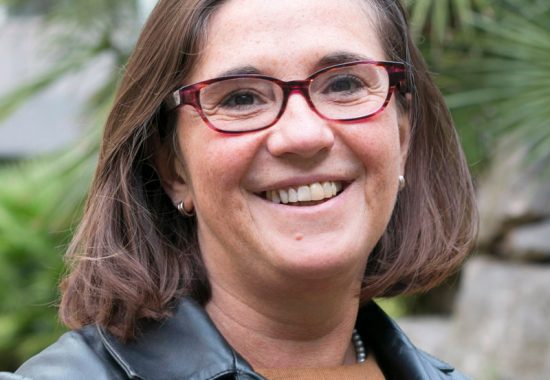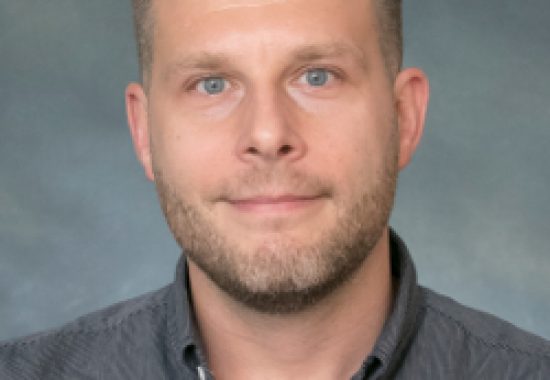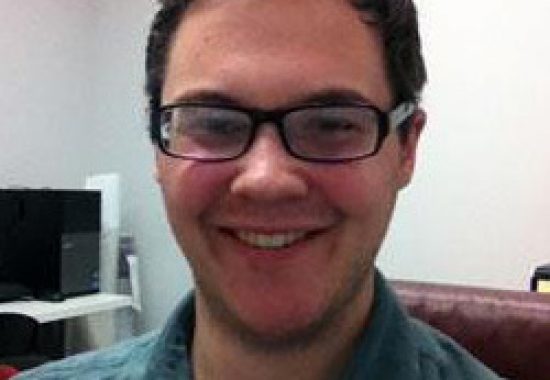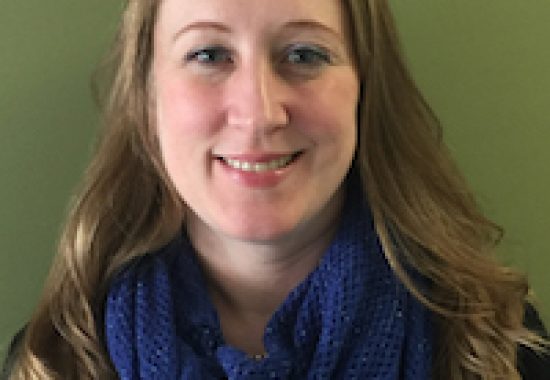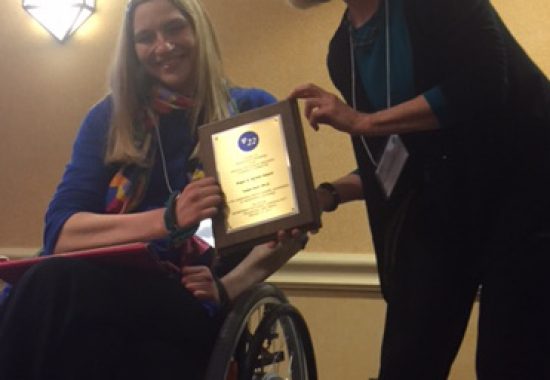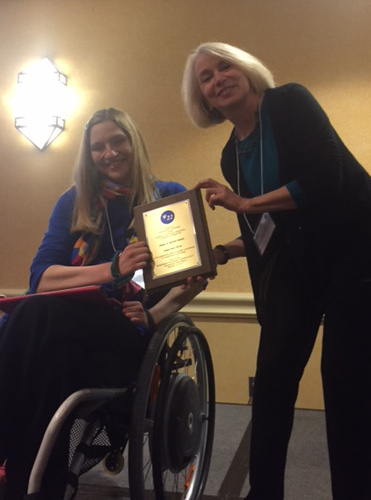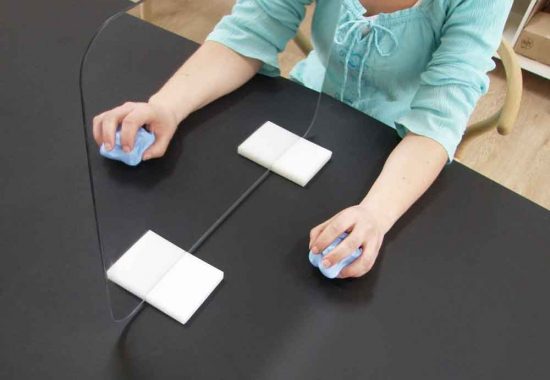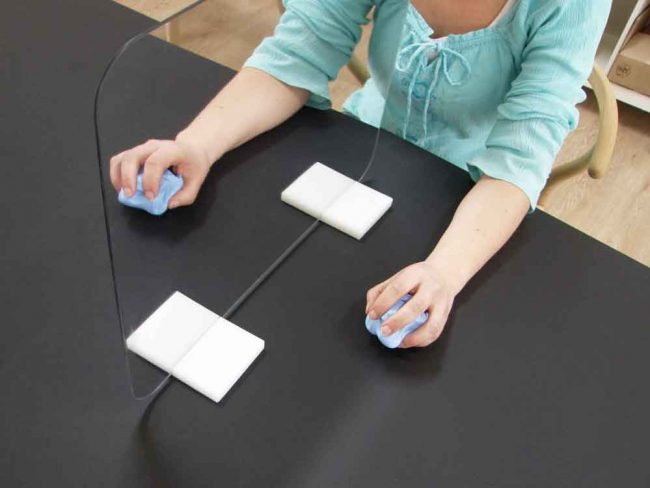Edward Wlotko, PhD, has been studying how the brain processes language since he was an undergraduate at the University of Pittsburgh. And his interest in language comprehension—particularly how the two hemispheres interact to make that happen—deepened in graduate school, at the University of Illinois at Urbana-Champaign. There, he devoted his dissertation work to understanding the differences in how language is processed by each hemisphere of the brain, the two sides working separately and in tandem.
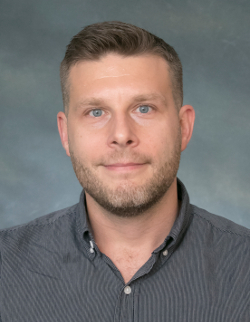
Edward Wlotko, PhD
Before coming to Moss Rehabilitation Research Institute, Dr. Wlotko completed two post-docs, one at the Beckman Institute for Advanced Science and Technology at the University of Illinois, the other at Tufts University.
“In my first post-doc,” says Wlotko, “I studied language in the aging brain. At Tufts, I used neuroimaging to study college-aged adults’ language comprehension. So when I got to MRRI I wanted to combine and extend these areas of research from my past work.”
Now, as director of the MRRI Cognitive Neurophysiology and Neuropsychology Lab, Wlotko is trying to further understand how language works in healthy brains to ultimately help problems with language caused by stroke. For example, mapping what facets of language comprehension and production are governed by the two sides of the brain will provide clues to the kind of language or communication difficulties someone might experience after a left vs a right hemisphere stroke. Wlotko believes it is important to approach this question from both angles: Learning about the healthy brain helps researchers understand what happens in the damaged brain—and learning about what’s going on during stroke helps researchers understand more about the healthy brain. Continue Reading
 As a result of a Global Engagement Grant awarded to Gabriella Vigliocco, PhD, of University College London (UCL), Moss Rehabilitation Research Institute scientists will visit UCL next year for a workshop to discuss future collaborative research possibilities in the domains of language and action.
As a result of a Global Engagement Grant awarded to Gabriella Vigliocco, PhD, of University College London (UCL), Moss Rehabilitation Research Institute scientists will visit UCL next year for a workshop to discuss future collaborative research possibilities in the domains of language and action.
